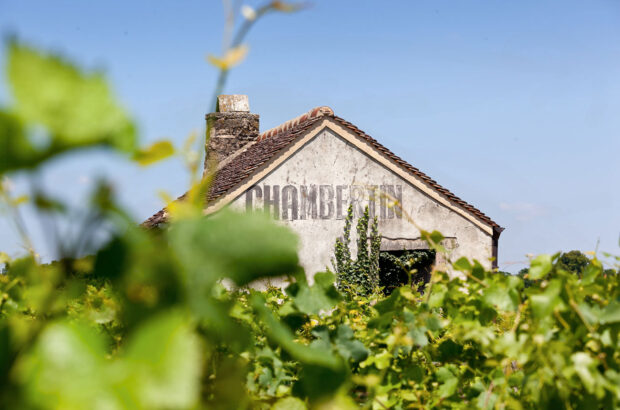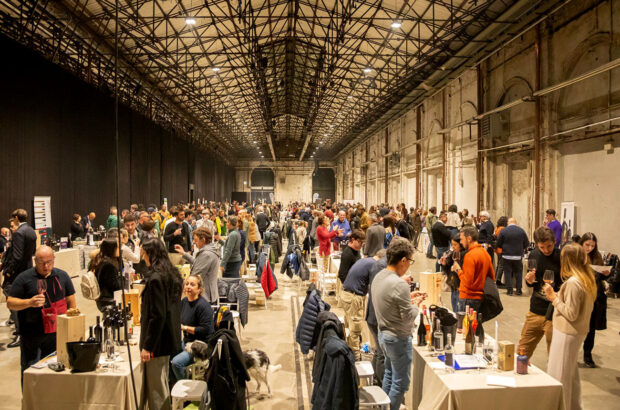The protest at the purchase of Burgundy’s Chateau de Gevrey Chambertin by a Macau businessman is a storm in teacup, some observers say.
Louis Ng, chief operating officer at casino and hotel empire SJM Holdings, is one of Asia’s biggest wine collectors, his cellar rivalling that of Hong Kong politician Henry Tang, himself a major collector.
Ng has never given an interview, friends say, but the wave of criticism at his purchase has prompted him to send out a written statement assuring the French of his good faith.
News recently came out that he paid €8m for the run-down Chateau de Gevrey-Chambertin last May – around double what it was understood to be worth.
He has been accused of destroying French heritage, of tampering with a centuries-old system of land transactions, and opening the floodgates to a wave of foreign ownership.
‘It is a despoliation. Our heritage is going out of the window,’ Jean-Michel Guillon, president of the union of Gevrey-Chambertin wine producers said. ‘How would the Chinese feel if a French investor bought 10 metres, or 50 metres, of the Great Wall of China?’
The far-right party Front National agreed with Guillon. Its vice-president Florian Philippot suggested the government should have helped to preserve ‘this national treasure for the country’.
Guillon, who led a syndicate which had mounted a failed bid to buy the chateau for €5m, said his main objection is that an influx of foreign buyers will cause an increase in inheritance taxes – which are based on vine prices – and make it more difficult for owners to transfer their properties to their children.
In Bordeaux – where more than 20 properties, some substantial, are now Asian-owned – they are more sanguine.
Mathieu Chadronnier, managing director of negociant CVBG Grands Crus, told Decanter.com, ‘I think you can judge on whether a takeover is good or bad based on what the new owners actually achieve rather than based on where they are from.’
However Charles Sichel, of Bordeaux negociant and producer Maison Sichel, agreed that a precedent would be set in terms of inheritance tax.
‘It ensures that all inheritance taxation is based on this [purchase price]. From now on families may have no option but to sell as they won’t afford to pass it on to younger generations,’ he said.
The two hectares (five acres) of vines included with Ng’s purchase include small plots of the Grand Cru and Premier Cru ‘Chambertin’ vineyards, while the rest is generic Gevrey-Chambertin.
It is not a well-known property. ‘I can’t understand what all the fuss is about,’ one importer told Decanter.com. ‘No one has ever heard of Chateau de Gevrey-Chambertin, and suddenly they are saying it’s a national icon.’ He added, ‘It’s a storm in a tea-cup.’
Another said, ‘I’m sure it has symbolic importance – people get emotionally charged up about Burgundy – but I personally had not heard of it.’
Ng – who is not the first Asian to buy in Burgundy: earlier this year local grower Pascal Chevigny sold two hectares of Vosne-Romanée vines to 28-year-old Chinese businessman Shi Yi – has asked Burgundy winemaker Eric Rousseau, of Domaine Armand Rousseau, to look after the chateau’s wine production.
‘It is our goal to bring this enchanted property to its full former glory,’ he said in the statement. ‘In time, I hope my new Burgundy neighbors will also come to appreciate my sincere passion for great wine.’
Decanter’s Asia consultant editor Jeannie Cho Lee, who knows Ng well, said she was certain ‘that given his genuine love for wine and for Burgundy, he will lovingly restore Chateau de Gevrey-Chambertin to its former glory’.
[Image: © Cephas]
Written by Adam Lechmere







